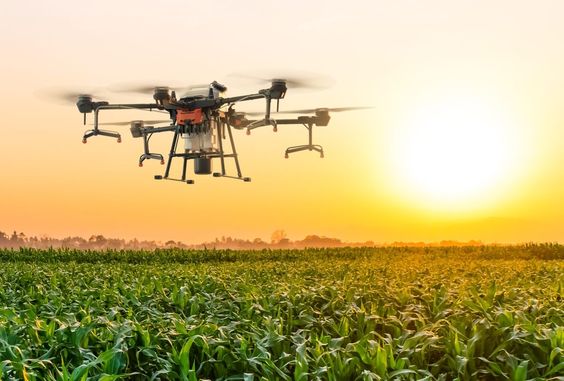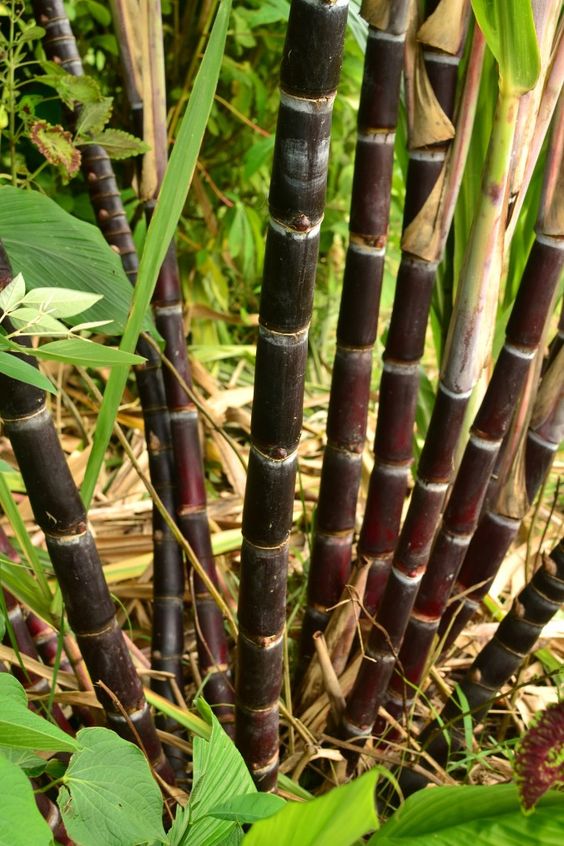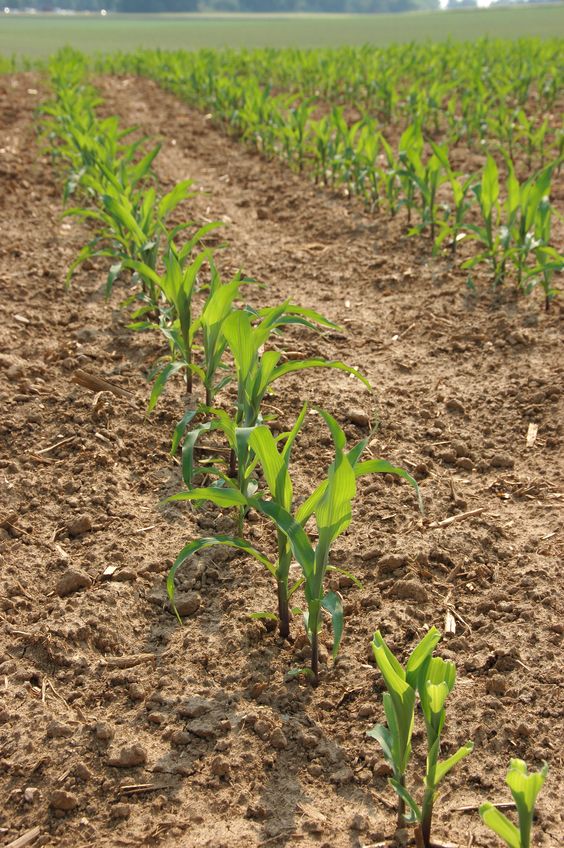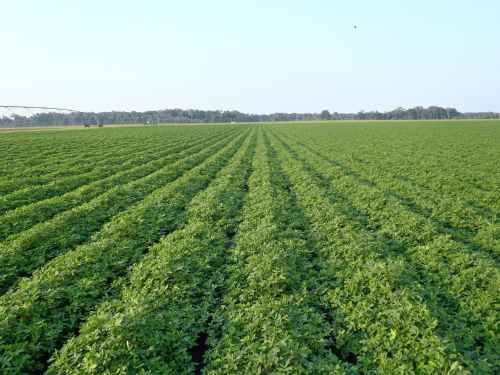Revolutionizing Farms: The Rise of Agricultural Drones in Smart Agriculture
Agricultural Drones sector is undergoing a significant transformation, driven by technological advancements and a growing need for sustainable practices. Smart agriculture, which integrates information and communication technologies (ICT) into farming operations, is emerging as a key driver of this change. One of the most promising technologies within smart agriculture is the use of agricultural drones. These unmanned aerial vehicles (UAVs) offer a versatile and efficient solution for various agricultural tasks, improving productivity, precision, and environmental sustainability.
The Rise of Agricultural Drones:
Agricultural drones have evolved rapidly in recent years, becoming more affordable, user-friendly, and equipped with advanced features. These drones are equipped with various sensors, including multispectral cameras, thermal cameras, and LiDAR, which allow them to collect a wealth of data about crops and fields. This data can be used for various purposes, such as:
Field Mapping and Monitoring: Drones can map fields with high accuracy, allowing farmers to assess crop health, identify potential issues like pests or diseases, and monitor growth progress.
Precision Spraying: By utilizing GPS and sensor data, drones can perform targeted spraying of pesticides, fertilizers, and herbicides, reducing waste and minimizing environmental impact.
Irrigation Management: Drones can monitor soil moisture levels and help farmers optimize irrigation practices, leading to water conservation and improved crop yields.
Crop Yield Estimation: Drones can capture high-resolution images and collect data to estimate crop yield accurately, enabling farmers to make informed decisions about harvesting and marketing.
Benefits of Utilizing Agricultural Drones:
The integration of agricultural drones into smart farming practices offers numerous advantages, including:
Increased Efficiency and Productivity: Drones can automate repetitive tasks like field mapping and spraying, saving farmers time and labor costs. Additionally, their ability to cover large areas quickly and efficiently allows for increased productivity.
Improved Precision and Accuracy: Drones equipped with advanced sensors can collect highly detailed data, leading to more precise decision-making regarding crop management practices. This precision translates to improved outcomes, such as reduced waste of resources and better crop health.
Enhanced Sustainability: By enabling targeted spraying and optimized irrigation, drones can help minimize the use of water, pesticides, and fertilizers, contributing to a more sustainable agricultural approach.
Challenges and Considerations:
Despite the numerous benefits, implementing agricultural drones also presents certain challenges:
Regulations and Legislation: The use of drones is subject to regulations and airspace restrictions that vary by region. Farmers need to be aware of and comply with relevant regulations to operate drones legally.
Privacy Concerns: The use of drones equipped with cameras raises concerns about privacy, particularly regarding neighboring properties and individuals. Careful consideration and adherence to data privacy regulations are crucial.
Initial Investment Costs: While drone technology is becoming more affordable, the initial investment can still be a barrier for some smaller farms. Exploring financing options or considering drone service providers can help bridge this gap.
Technical Expertise: Operating drones effectively may require some technical knowledge and training, especially for tasks involving data analysis and interpretation.
Looking Ahead: Future Advancements in Agricultural Drone Technology:
The future of agricultural drone technology is brimming with possibilities. Here are some potential advancements to consider:
- Autonomous Operations: Drones are expected to become more autonomous, performing tasks with minimal human intervention, further streamlining agricultural processes.
- Advanced Sensor Technology: Sensors with even greater precision and capabilities are expected to be developed, providing even more detailed data about crops and fields.
Conclusion:
Agricultural drones represent a significant advancement in smart agriculture, offering a range of benefits for farmers seeking to improve efficiency, precision, and sustainability. As the technology continues to evolve and become more accessible, its role in transforming the agricultural sector is expected to grow significantly. By addressing the existing challenges and embracing the potential of this technology, farmers can unlock new opportunities for growth and contribute to a more sustainable and productive agricultural future.




